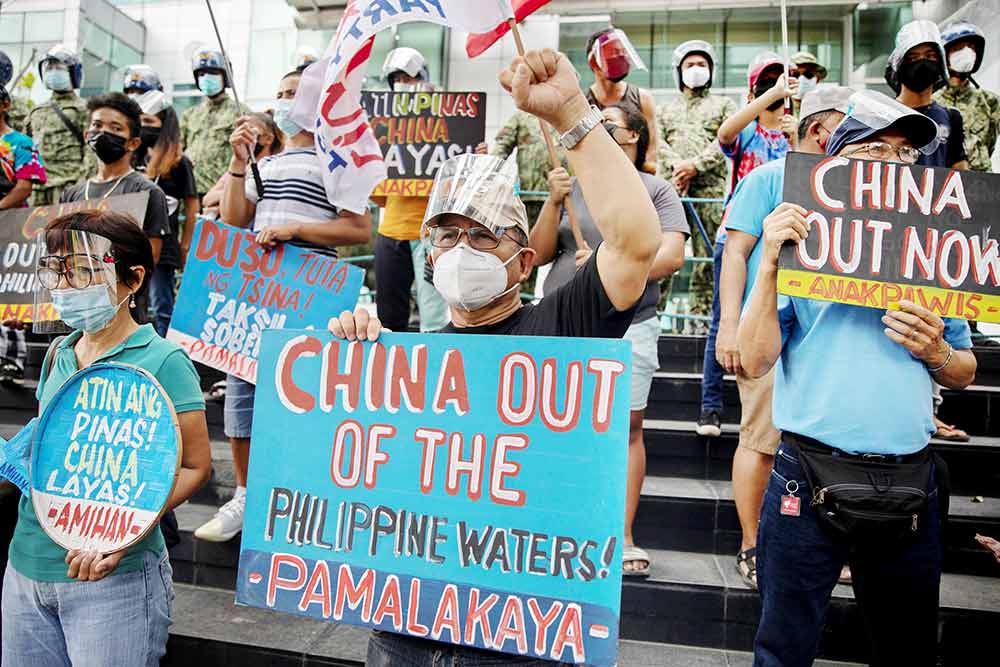SEVENTY-FIVE percent of Filipinos believe that everyone should be vaccinated against the coronavirus disease (COVID-19), but only 43 percent are actually willing to be inoculated, the June 7 to 16 Ulat sa Bayan survey of Pulse Asia showed.
The survey, which involved 2,400 adult respondents with a ± 2 percent margin of error, also showed that 96 percent of Filipinos are concerned that they or a member of their family might contract COVID-19, up from 94 percent in February this year, while two percent cannot say if they are worried or not.
Pulse said 75 percent of the respondents believe that members of their community should get vaccinated against the deadly virus while eight percent said there is no need to be vaccinated. Sixteen percent were ambivalent whether the community should be vaccinated or not.
This is the predominant opinion across different geographic areas (71 percent to 88 percent) and socio-economic class (74 percent to 82 percent), with more people in Metro Manila (88 percent) and the socio-economic class ABC saying the people should be vaccinated.
Presidential spokesman Harry Roque welcomed the results of the survey, saying: “We are happy because vaccine is the solution to this pandemic and this is the way for us to return to our normal lives.”
The polling firm also found that 43 percent of Filipino adults are now willing to be vaccinated, up from 16 percent in February this year, while 36 percent refused to be inoculated (down from 61 percent) and 16 percent (down from 23 percent) are undecided if they should get the vaccine or not.
More respondents from NCR are willing to get vaccinated (55 percent) followed by those from Mindanao (48 percent), the Visayas (39 percent) and Luzon (38 percent).
Majority of the social-economic class ABC (50 percent) are also willing to get vaccinated, followed by those from class D (42 percent) and class E (38 percent).
The main reason for those who willing to be vaccinated now is that their relatives, friends or acquaintances have been vaccinated and are safe (35 percent), followed by those who had been assured by their doctors or healthcare providers that the vaccines are safe (33 percent), and those who learned the efficacy of vaccines from government official or medical experts (13 percent).
Other reasons for those willing to be vaccinated is that they saw government officials get vaccinated (8 percent), vaccination is a requirement for employment (7 percent), and they have been assured the vaccines are safe.
Pulse said the reasons for those who refused to be vaccinated include: they are not sure about the safety of the vaccine (69 percent); vaccines may not be effective (12 percent); vaccines are not needed to combat COVID -19 (11 percent); it might not be free (2 percent), and it might be expensive (0.4 percent).
The Department of Health (DOH) said that as of July 11, the government has administered 13. 19 million doses, which include 3.52 million people who have completed two doses.





